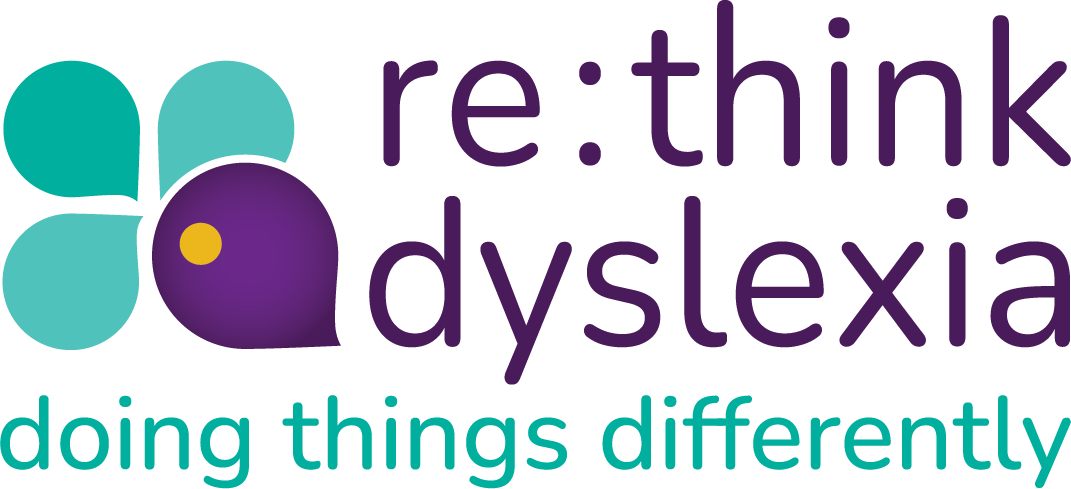
Individualised Approach
One of the primary advantages of coaching is its ability to offer personalised support tailored to the specific needs of dyslexic employees. Dyslexia manifests differently in everyone, with varying strengths and weaknesses. A skilled coach can work closely with the employee, identifying their unique challenges and strengths, and creating a customised plan to maximise their potential. By focusing on individual needs, coaching can address specific areas such as reading strategies, time management, organisational skills, and self-confidence, providing dyslexic employees with practical tools for success.
Building Self-Awareness and Confidence
Dyslexic employees often face difficulties in their educational journeys, which can lead to low self-esteem and a lack of confidence. Coaching offers a safe and supportive environment for dyslexic individuals to explore their strengths, areas for development, and emotions related to their learning difference. Through guided conversations, reflection, and positive reinforcement, coaches can help dyslexic employees develop a deeper understanding of their abilities, promoting self-acceptance and self-advocacy. Building self-awareness and confidence is key to overcoming challenges and thriving in the workplace.
Developing Coping Strategies
Coaching empowers dyslexic employees with a range of coping strategies and techniques to navigate their specific challenges. For example, a coach may help an employee discover alternative reading methods, such as using audiobooks or assistive technology, to enhance comprehension. Time-management strategies, note-taking techniques, and organisational tools can also be incorporated into the coaching process. These practical solutions enable dyslexic employees to overcome obstacles, increase productivity, and tap into their full potential.
Enhancing Communication and Collaboration Skills
Effective communication and collaboration are vital in today’s interconnected work environment. Dyslexic employees may face challenges in written communication, such as writing emails, reports, or presentations. Coaches can provide guidance on improving written communication skills, offering tips on structuring content, proofreading techniques, and using assistive technology for spell-checking and grammar. Additionally, coaching can focus on enhancing verbal communication skills, and helping dyslexic employees articulate their ideas with confidence and clarity. These skills foster better collaboration and enable dyslexic employees to actively contribute to team projects and discussions.
Managing Workplace Stress
The workplace can be a source of stress and anxiety for individuals with dyslexia. Coaching offers a supportive space for employees to discuss and manage their stressors effectively. Coaches can provide stress management techniques, such as mindfulness exercises or relaxation strategies, to help dyslexic employees maintain focus, reduce anxiety, and improve overall well-being. By addressing and managing workplace stress, coaching empowers dyslexic employees to thrive in a supportive and nurturing environment.
Fostering a Growth Mindset
Coaching encourages dyslexic employees to adopt a growth mindset—a belief that abilities can be developed through dedication and effort. Dyslexia can sometimes lead to a fixed mindset, where individuals believe their learning difficulties are insurmountable. However, a coach can help reshape this mindset by emphasizing progress, highlighting successes, and reframing setbacks as learning opportunities. By instilling a growth mindset, coaching enables dyslexic employees to approach challenges with resilience and a willingness to learn, leading to continuous improvement and personal growth.
Advocacy and Accommodations
Coaching also plays a pivotal role in advocating for dyslexic employees and ensuring that appropriate accommodations are in place. A coach can work closely with the employee and the organisation’s human resources department to navigate the accommodations process. This may involve arranging assistive technology tools, modifying work environments, or implementing flexible work arrangements. By advocating for the needs of dyslexic employees, coaches contribute to creating an inclusive work culture that supports their success.
Support for Career Development
Coaching extends beyond addressing immediate challenges and focuses on long-term career development for dyslexic employees. A coach can assist in identifying career goals, exploring growth opportunities, and creating a roadmap for professional advancement. They can provide guidance on skill development, networking, and pursuing additional education or training. By aligning coaching with career aspirations, dyslexic employees can feel empowered and motivated to pursue meaningful and fulfilling careers.
Positive Impact on Employee Retention
Investing in coaching for dyslexic employees can have a significant impact on employee retention. Dyslexia can sometimes lead to frustration and burnout if employees do not receive appropriate support. However, coaching offers a proactive and preventive approach to address challenges before they escalate. By providing tailored strategies and support, coaching helps dyslexic employees overcome obstacles and maintain job satisfaction. This, in turn, increases employee loyalty and reduces turnover rates, benefiting both the individual and the organisation.
Creating an Inclusive Work Culture
Implementing coaching programs for dyslexic employees sends a strong message of inclusivity throughout the organisation. By recognising and valuing the diverse abilities and perspectives of employees, organisations foster an inclusive work culture where everyone feels supported and valued. This not only benefits dyslexic employees but also promotes diversity, innovation, and creativity within the workforce.
Inclusive workplaces recognise the value of diversity and strive to provide equal opportunities for employees with different abilities. Dyslexic employees, with their unique strengths and perspectives, can greatly contribute to the success of an organisation when provided with appropriate support. Coaching serves as a powerful tool to unlock the potential of dyslexic employees, offering personalized strategies, building self-awareness and confidence, developing coping mechanisms, and enhancing communication skills.
Book your free exploration session to see how our coaching program can support you and or your employees.
Join our Dear Dyslexic Community on Facebook. This group has been set up to talk about all things dyslexia, to provide peer support to those who are dyslexic. This is an open, safe forum free from discrimination, but not free from spelling or grammar mistakes!
